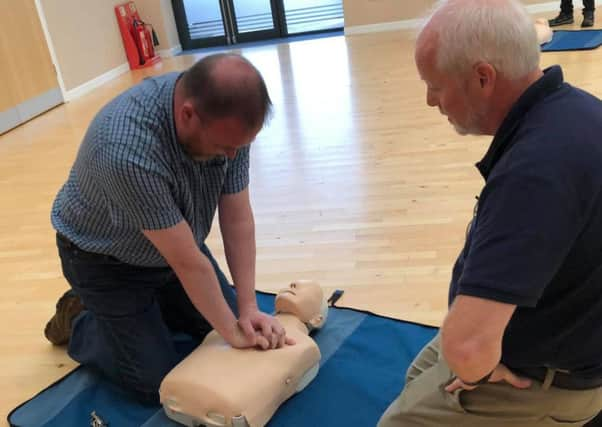Conference report: Life-saving value of digital insight


When it came to ‘making the most of data’, Wilson highlighted several key points that illustrated how this was being done in Scotland: championing and unleashing trustworthy uses of data for public benefit across Scotland; sharing data across public services better, with the potential to significantly improve public services in Scotland; delivering innovation using data science techniques and skills.
Scotland was well-placed in the data field because it has “world-class data resources about our people, organisations and land”, Wilson said – as well as four universities ranked in the world’s top 200 and a large concentration of internationally significant and world-leading informatics research.
The Data Lab innovation centre, based in Edinburgh, was helping to deliver the necessary collaboration between industry, the public sector and academia to allow data innovation, Wilson added.
She described two public health projects where the benefits of using data were already clear.
One project linked together homelessness data and interactions with the NHS to show that earlier interventions, when people had first become homeless, could reduce the numbers of people in that situation who end up going into hospital.
A further study on out-of-hospital cardiac arrests showed that data analysis increased the amount of CPR being delivered by bystanders and reduced the number of people dying in hospital as a result.
“Action is being informed by experience based on data – but we have to make sure privacy is respected,” Wilson said.
“Using data ethically is not a barrier [to data innovation], it is an absolute pre-requisite. We need to take the public with us or we are going nowhere.”